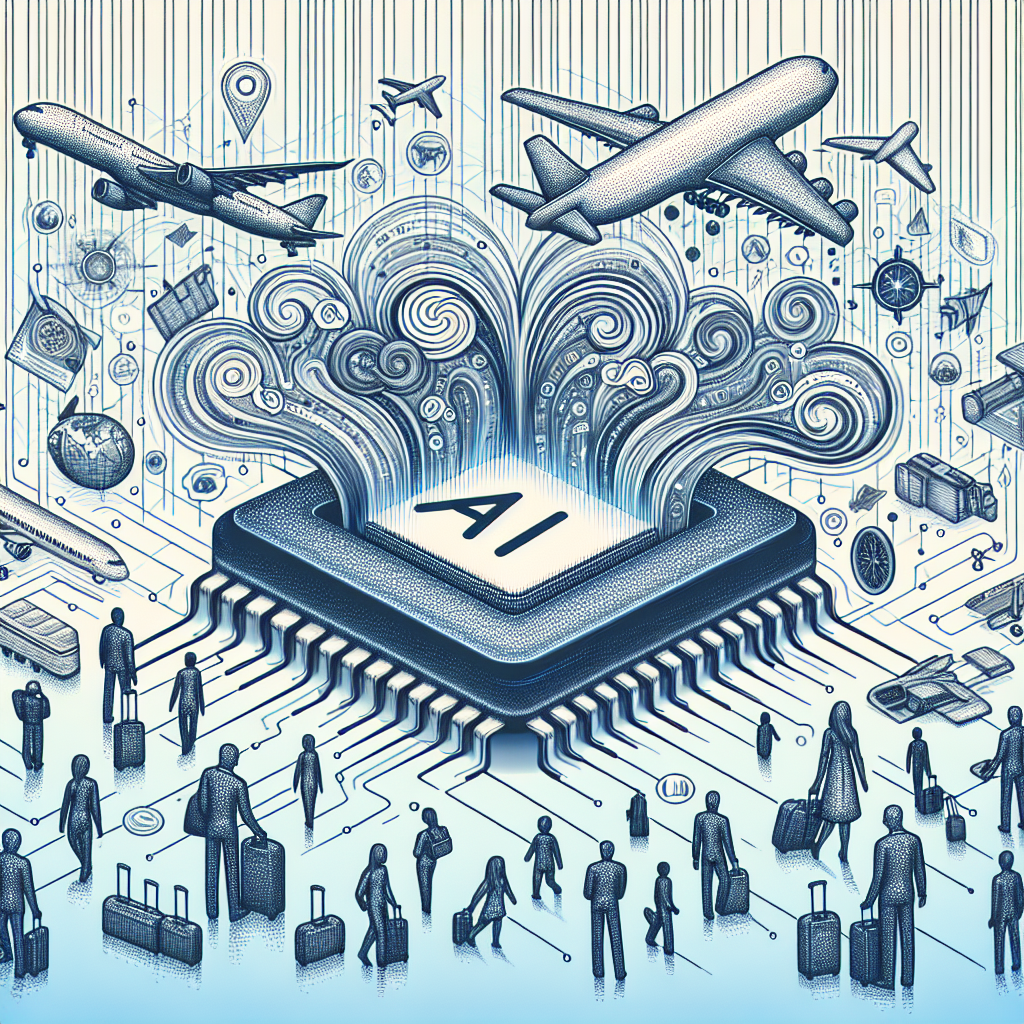The travel industry has undergone a significant transformation in recent years, thanks to advancements in technology and the rise of artificial intelligence (AI). One of the most notable developments in this space is the emergence of conversational AI, which is reshaping the way travelers interact with companies and plan their trips.
Conversational AI refers to a set of technologies that enable computers to engage in human-like conversations with users. This includes chatbots, virtual assistants, and voice-activated devices that can understand natural language and provide relevant information in real-time. In the travel industry, conversational AI is being used to streamline the booking process, provide personalized recommendations, and offer round-the-clock customer support.
One of the key ways conversational AI is reshaping the travel industry is by making it easier for travelers to research and book their trips. Instead of having to navigate multiple websites and deal with complex booking systems, travelers can now simply chat with a virtual assistant or chatbot to get the information they need. These AI-powered tools can provide real-time updates on flight availability, hotel prices, and even weather forecasts, making the planning process much more efficient.
Conversational AI is also helping companies in the travel industry offer personalized recommendations to their customers. By analyzing data such as past bookings, preferences, and browsing history, AI algorithms can suggest relevant destinations, activities, and accommodations to each individual traveler. This level of personalization not only enhances the customer experience but also helps companies increase their sales and customer loyalty.
Another way conversational AI is reshaping the travel industry is by providing round-the-clock customer support. Instead of waiting on hold for a human agent, travelers can now chat with a virtual assistant at any time of day or night to get answers to their questions or resolve issues. This not only improves customer satisfaction but also reduces the workload on human agents, allowing them to focus on more complex tasks.
In addition to improving the booking process, providing personalized recommendations, and offering round-the-clock customer support, conversational AI is also helping companies in the travel industry gather valuable insights about their customers. By analyzing the conversations between travelers and AI-powered tools, companies can identify trends, preferences, and pain points, which can inform their marketing strategies and product development efforts.
Overall, conversational AI is revolutionizing the travel industry by making the planning process more efficient, offering personalized recommendations, providing round-the-clock customer support, and gathering valuable insights. As this technology continues to evolve, we can expect even more innovations in the way travelers interact with companies and plan their trips.
FAQs:
Q: How does conversational AI improve the booking process in the travel industry?
A: Conversational AI streamlines the booking process by allowing travelers to chat with virtual assistants or chatbots to get real-time updates on flight availability, hotel prices, and weather forecasts.
Q: How does conversational AI provide personalized recommendations to travelers?
A: By analyzing data such as past bookings, preferences, and browsing history, AI algorithms can suggest relevant destinations, activities, and accommodations to each individual traveler.
Q: How does conversational AI offer round-the-clock customer support in the travel industry?
A: Travelers can chat with a virtual assistant at any time of day or night to get answers to their questions or resolve issues, instead of waiting on hold for a human agent.
Q: How does conversational AI help companies in the travel industry gather valuable insights about their customers?
A: By analyzing the conversations between travelers and AI-powered tools, companies can identify trends, preferences, and pain points, which can inform their marketing strategies and product development efforts.

